This article was medically reviewed by Lacy Windham, MD. Lacy Windham, MD, is a Board-Certified Obstetrician & Gynecologist in Cleveland, Tennessee. Dr. Windham attended medical school at the University of Tennessee Health Science Center in Memphis. Her residency was completed at Eastern Virginia Medical School in Norfolk, Virginia. She was the recipient of multiple awards during her residency training, including Most Outstanding Resident in Maternal Fetal Medicine, Most Outstanding Resident in Oncology, Most Outstanding Resident Overall, and Special Award in Minimally Invasive Surgery.
There are 21 references cited in this article, which can be found at the bottom of the page.
wikiHow marks an article as reader-approved once it receives enough positive feedback. In this case, 100% of readers who voted found the article helpful, earning it our reader-approved status.
This article has been viewed 276,057 times.
Keeping your vagina clean is an important part of your overall health, but you might be surprised how easy it is to do! Although this is a self-cleaning organ, you can take additional steps to improve your vaginal hygiene. We have all the tips you need for what to do and what to avoid in order to keep your vagina healthy and clean![1]
Steps
Warnings
- If you have symptoms of STD, yeast infection or bacterial vaginosis, seek medical treatment immediately. Some STDs can have serious complications.⧼thumbs_response⧽
References
- ↑ http://www.everydayhealth.com/womens-health-pictures/hygiene-rules-for-a-healthy-vagina.aspx#01
- ↑ http://www.womenshealthmag.com/health/how-to-clean-your-vagina
- ↑ http://www.everydayhealth.com/womens-health-pictures/hygiene-rules-for-a-healthy-vagina.aspx#08
- ↑ http://www.everydayhealth.com/yeast-infection/prevention/
- ↑ http://www.everydayhealth.com/womens-health-pictures/hygiene-rules-for-a-healthy-vagina.aspx#09
- ↑ http://www.everydayhealth.com/womens-health-pictures/hygiene-rules-for-a-healthy-vagina.aspx#04
- ↑ http://www.everydayhealth.com/womens-health-pictures/hygiene-rules-for-a-healthy-vagina.aspx#07
- ↑ http://www.everydayhealth.com/womens-health-pictures/hygiene-rules-for-a-healthy-vagina.aspx#05
- ↑ http://www.nhs.uk/Livewell/vagina-health/Pages/keep-vagina-clean.aspx
- ↑ http://www.everydayhealth.com/womens-health-pictures/hygiene-rules-for-a-healthy-vagina.aspx#03
- ↑ ://simpleorganiclife.org/vagina-health/
- ↑ ://simpleorganiclife.org/vagina-health/
- ↑ http://www.everydayhealth.com/womens-health-pictures/hygiene-rules-for-a-healthy-vagina.aspx#03
- ↑ ://simpleorganiclife.org/vagina-health/
- ↑ http://www.everydayhealth.com/sexual-health/dr-laura-berman-foods-for-vaginal-health.aspx
- ↑ http://www.womenshealthmag.com/health/how-to-clean-your-vagina
- ↑ http://www.womenshealthmag.com/health/how-to-clean-your-vagina
- ↑ http://www.nhs.uk/Livewell/vagina-health/Pages/keep-vagina-clean.aspx
- ↑ http://www.nhs.uk/Livewell/vagina-health/Pages/keep-vagina-clean.aspx
- ↑ http://www.mayoclinic.org/diseases-conditions/yeast-infection/basics/causes/con-20035129
- ↑ http://www.mayoclinic.org/diseases-conditions/yeast-infection/basics/symptoms/con-20035129
- ↑ http://www.mayoclinic.org/diseases-conditions/yeast-infection/basics/treatment/con-20035129
- ↑ http://www.mayoclinic.org/diseases-conditions/yeast-infection/basics/prevention/con-20035129
- ↑ http://www.cdc.gov/std/bv/stdfact-bacterial-vaginosis.htm
- ↑ http://www.cdc.gov/std/bv/stdfact-bacterial-vaginosis.htm
- ↑ http://www.cdc.gov/std/bv/stdfact-bacterial-vaginosis.htm
- ↑ http://www.nlm.nih.gov/medlineplus/sexuallytransmitteddiseases.html
- ↑ http://www.everydayhealth.com/trichomoniasis/
- ↑ http://www.mayoclinic.org/diseases-conditions/sexually-transmitted-diseases-stds/basics/definition/CON-20034128?p=1
About This Article
While your vagina actually cleans itself, there are a few steps you can take to keep it cleaner. Wash your vulva at least once a day with unscented soap and warm water. It’s important not to use scented soaps or wipes since these can disrupt your vagina’s pH balance and cause irritation. Besides cleaning your vagina, you should wear comfortable, cotton underwear to keep your vagina clean and dry. If you go swimming or workout, make sure to change your clothes immediately afterward to prevent bacteria build-up. If you experience any itching, burning, or have thick discharge, talk to your doctor, since you may have a yeast infection or a bacterial infection. These can usually be treated with over-the-counter antifungal ointments or probiotic tablets. However, if your symptoms don’t go away you may need antibiotics. For advice on keeping your vagina clean during and after sex, read more from our Gynecology co-author.
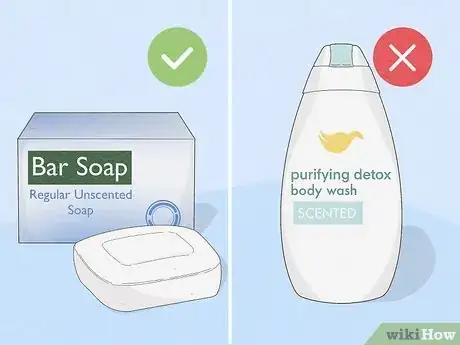
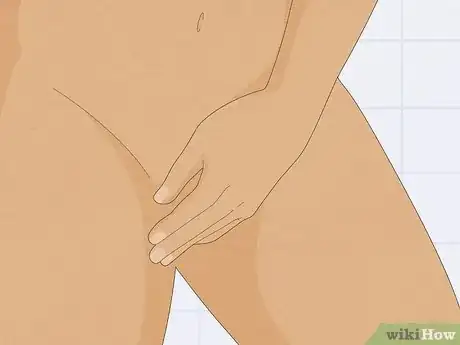
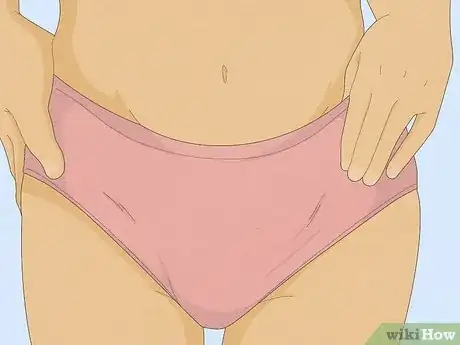
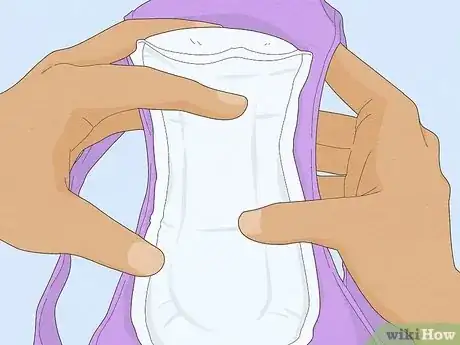
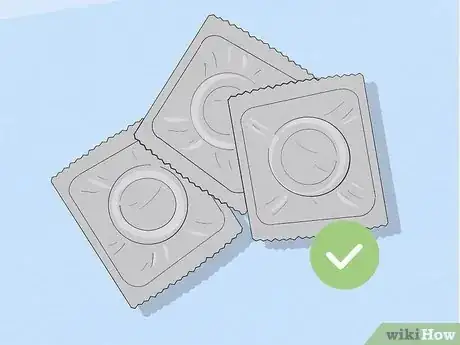
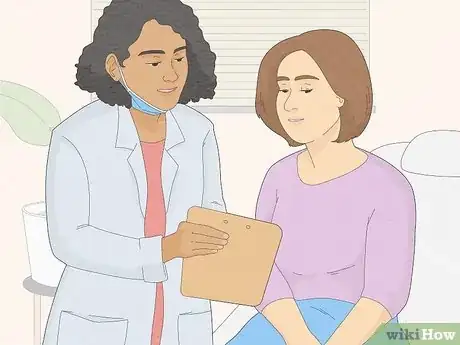
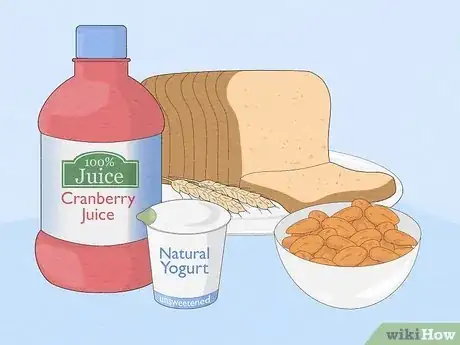
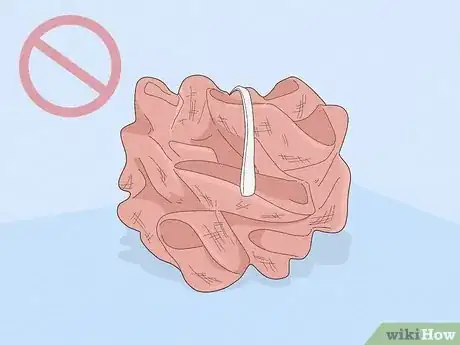
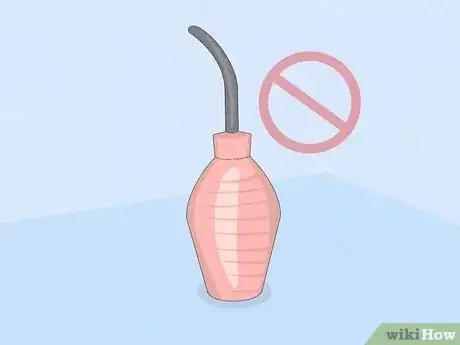

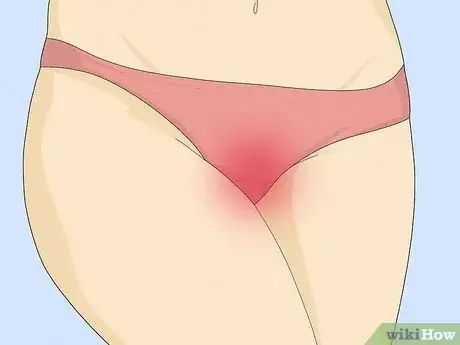
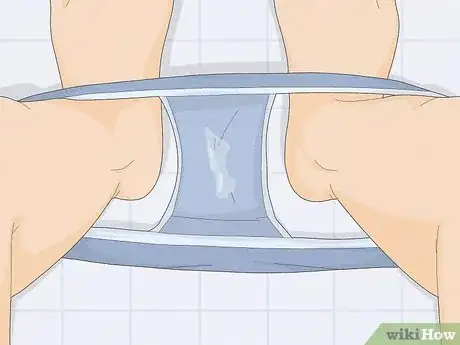


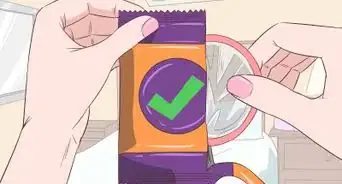

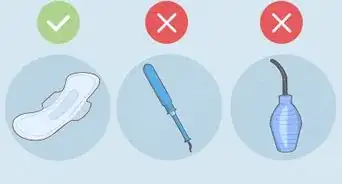


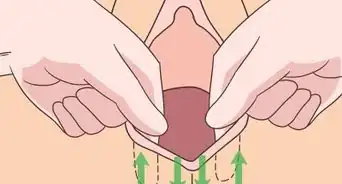


-Step-10-Version-2.webp)



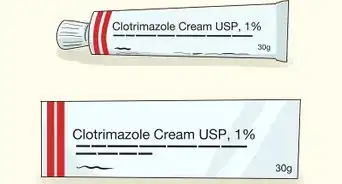










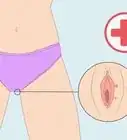
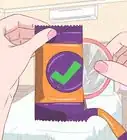

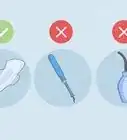



































Medical Disclaimer
The content of this article is not intended to be a substitute for professional medical advice, examination, diagnosis, or treatment. You should always contact your doctor or other qualified healthcare professional before starting, changing, or stopping any kind of health treatment.
Read More...